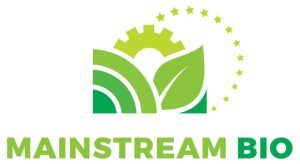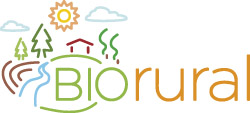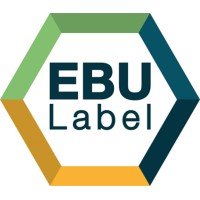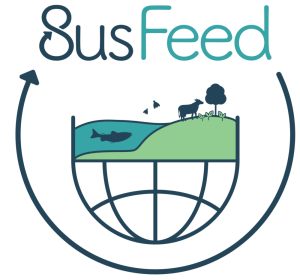SUSTCERT4BIOBASED project
This project ends on: 31/05/2025

Sustainability certification for biobased systems
SUSTCERT4BIOBASED in a nutshell
In the transition from a linear fossil-based economy towards a circular biobased economy, numerous biobased value chains have been set up at different levels of development, and several new biobased products have been introduced to the market. Biobased products are wholly or partially derived from biological resources, but still, it is important to ensure their sustainability considering the range of environmental impacts, as well as to ensure their social and economic sustainability.
To this end, a plethora of sustainability certification schemes and business-to-business labels have been developed to allow traceability and transparency of sustainability impacts along the value chains and trades. Today, it is essential to evaluate the credibility of these tools and support their harmonization. This is where SUSTCERT4BIOBASED comes into play!
SUSTCERT4BIOBASED aims to develop a monitoring system to assess the effectiveness, robustness and completeness of the existing certification schemes and labels, identify their strengths and weaknesses and promote the adoption of the best-in-class examples. The interdisciplinary consortium will also be reviewing and analysing the existing sustainability certification schemes and business-to-business labels; creating a database of global trade flows for biological resources and biobased products, and carrying out costs and benefits analysis from the adoption of certification schemes and labels in selected industrial biobased value chains. In this vein, the consortium will engage a variety of relevant stakeholders such as international organisations, industrial biobased value chain actors, scheme owners, certifications bodies, regional bioeconomy actors, and policy makers, and will offer recommendations for the adoption of effective and robust sustainability schemes and labels.
Contacts:
Iris Vural Gursel (Coordinator): iris.vuralgursel@wur.nl
Annie Kalimeri (Communication): akalimeri@white-research.eu
Pinelopi Kaslama (Communication): pkaslama@white-research.eu
website: https://sustcert4biobased.eu/











